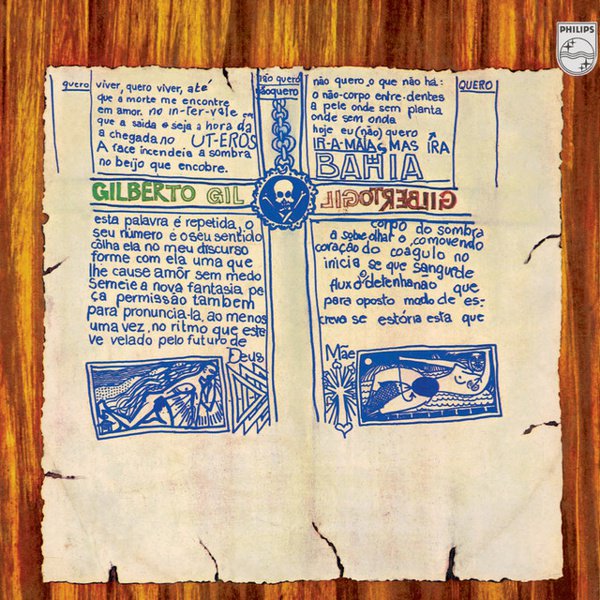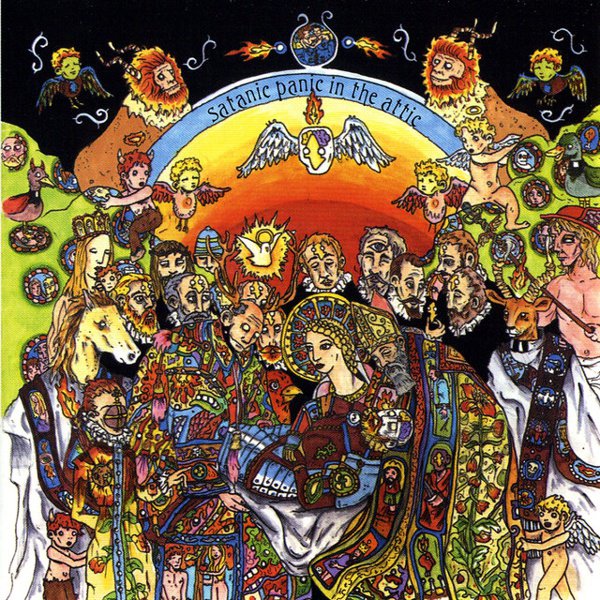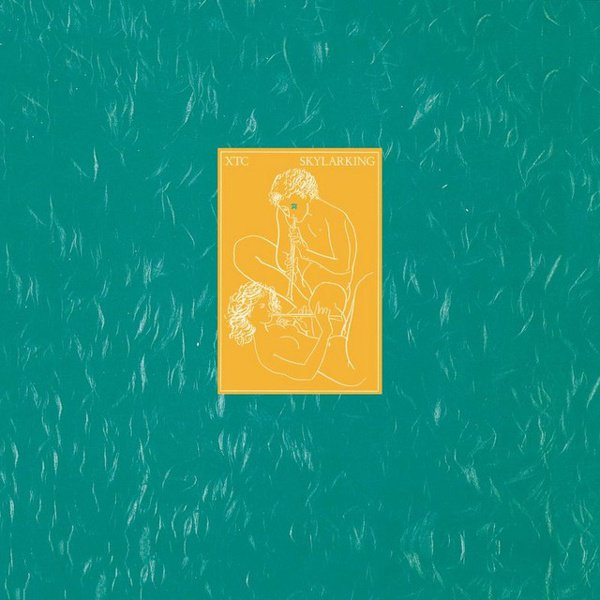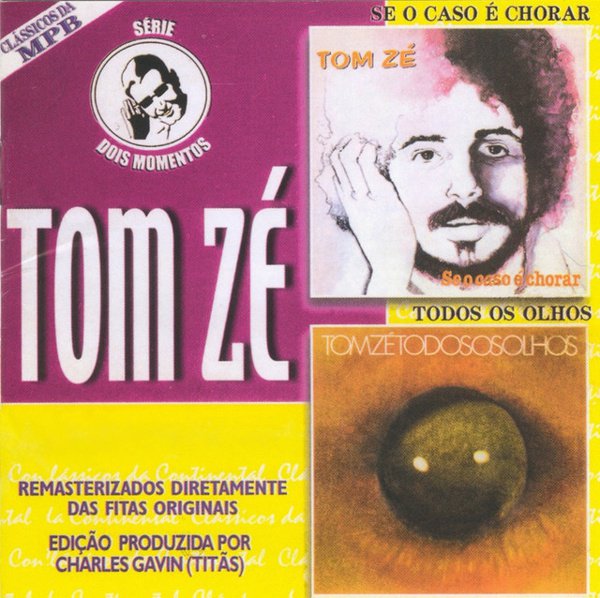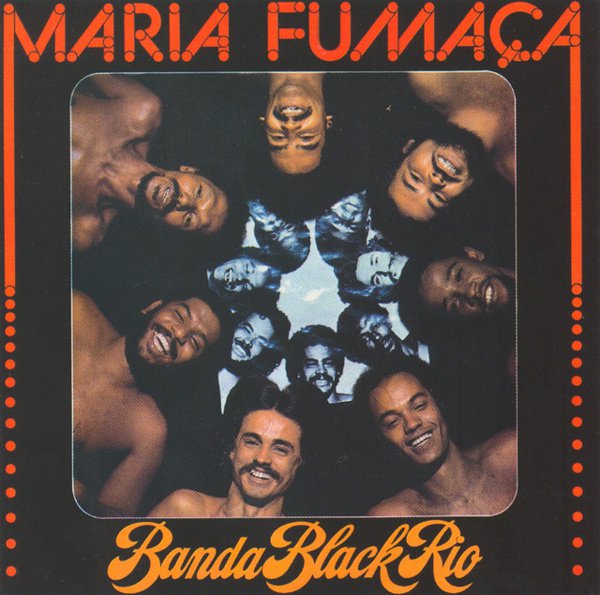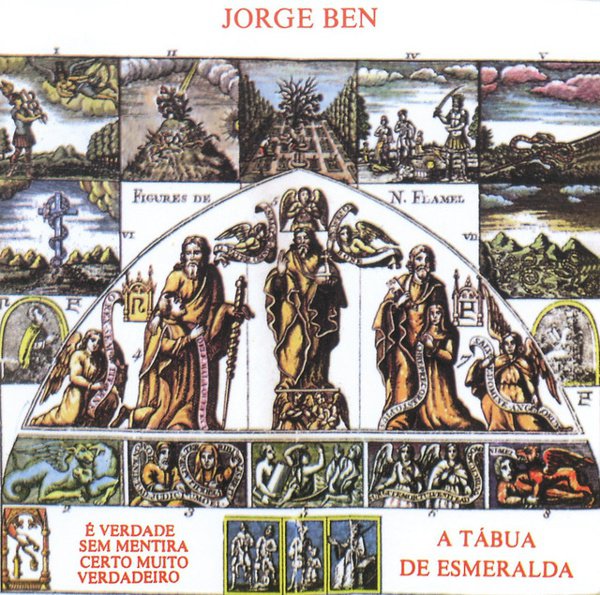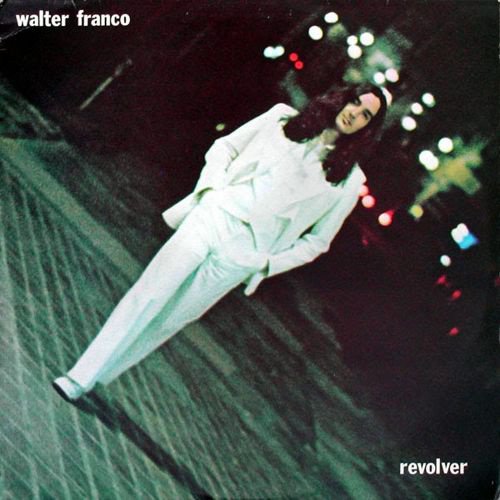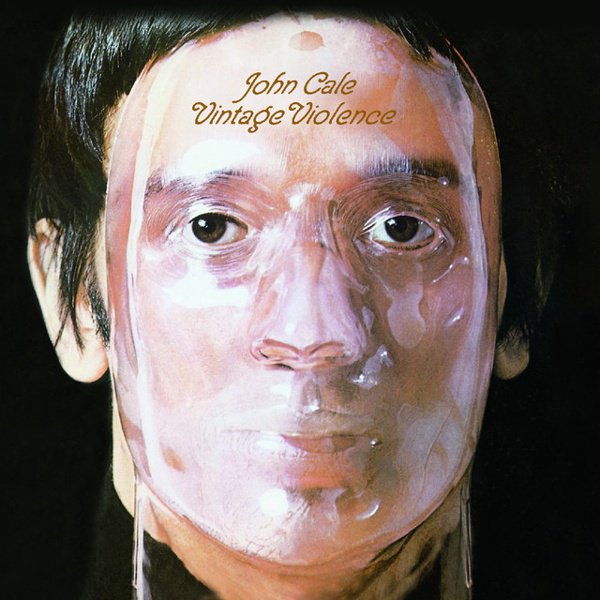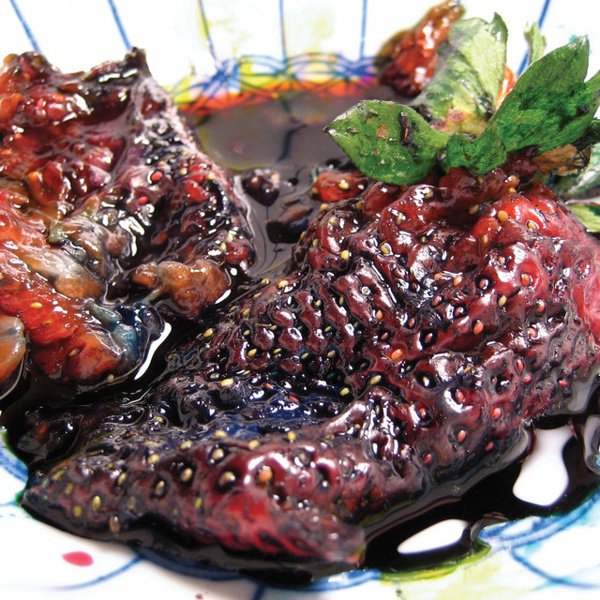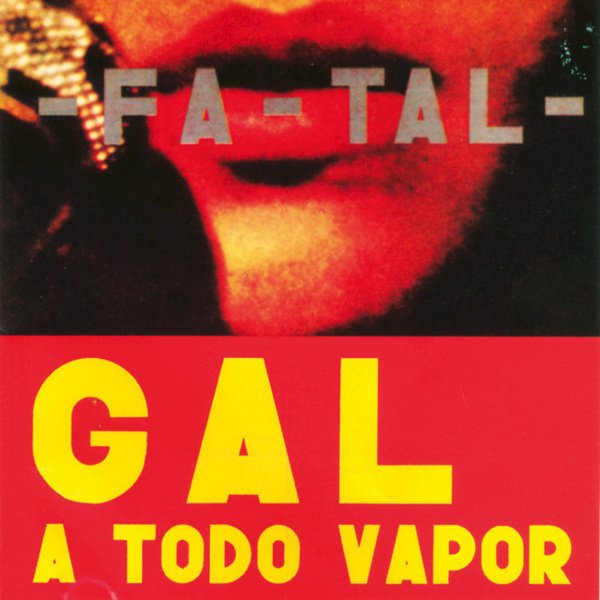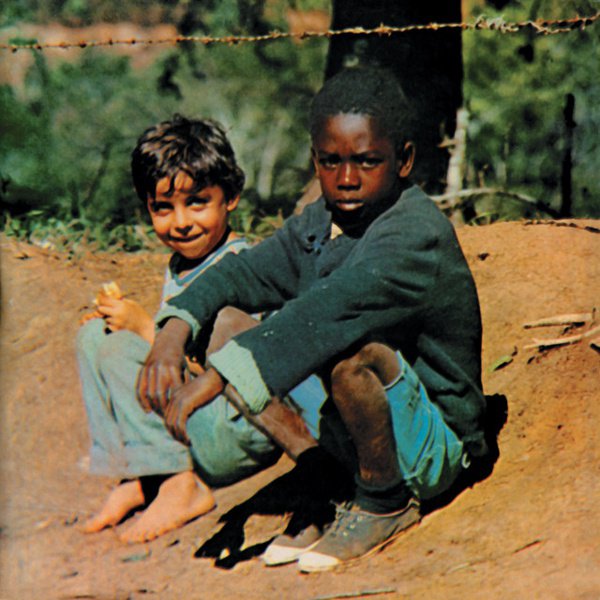
Recommended by
Clube Da Esquina
In 1971, Brazilian singer and songwriter Milton Nascimento had already put out four albums, including Courage, issued in America on A&M and featuring Herbie Hancock. But he’d been playing bossa nova and rock and samba for years with friends in the Belo Horizonte area of Minas Gerais, including the Borges brothers, singer Lô and lyricist Marcio. (Nascimento describes himself as the “twelfth child” of the Borges family.) In the summer of 1971, Nascimento and the brothers, with a handful of the “clube da esquina” cohort (there was no actual club) rented a house in the Piratininga region of Rio de Janeiro, six hours to the south. With a view of the sea and a tall apartment block, Nascimento and his friends created one of the greatest albums of the 1970s.
I use this deadly cliché because the music requires it, growing more complete and simple and full over time. This is so good that it mocks words like “mellow” and “beautiful” and “melancholy,” though it is all of those things. As several of the musicians themselves described it, Clube Da Esquina is a “world.” Milton Nascimento’s voice here, by itself, is some kind of peak — how he combines melodic accuracy with an athletic reach and almost contradictory ease is not duplicated elsewhere. The lead single — the sublime “Tudo Que Você Podia Ser” (“Everything You Could Be”) — summed up the collective gentleness these men offered in response to the military police who routinely ran them down to the station. Arto Lindsay told me, “People from Minas Gerais are considered discreet, modest. That’s in the record too.” Lô Borges escaped army service simply by being a musician, or as the local captain called him, a “Communist shit.” Long may these Communists wave.

